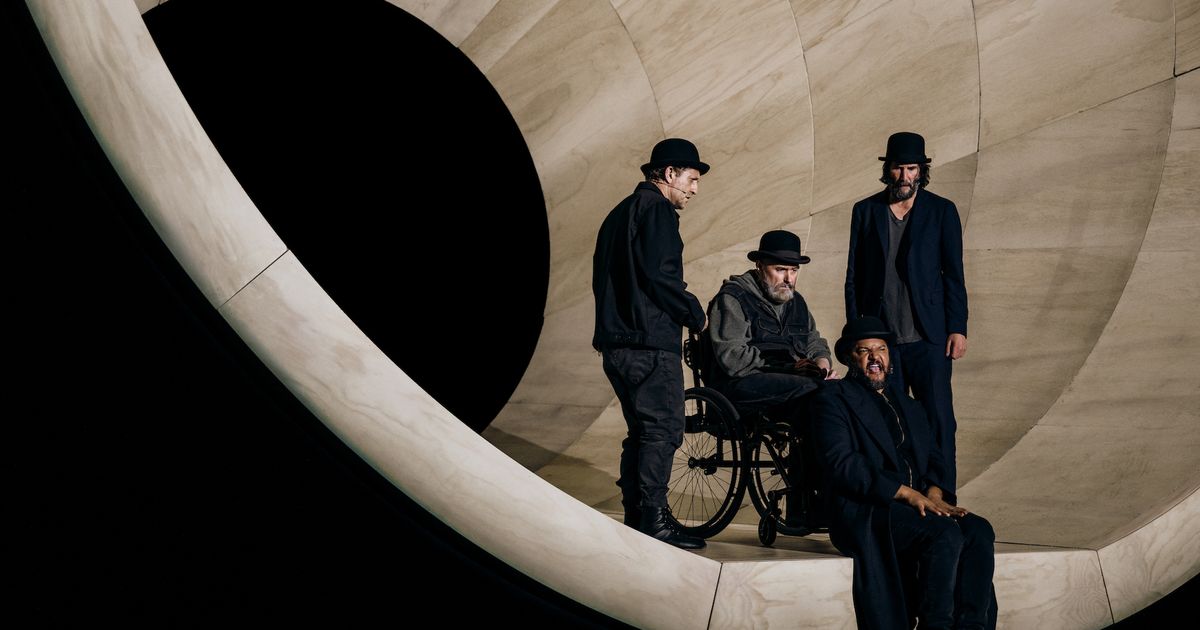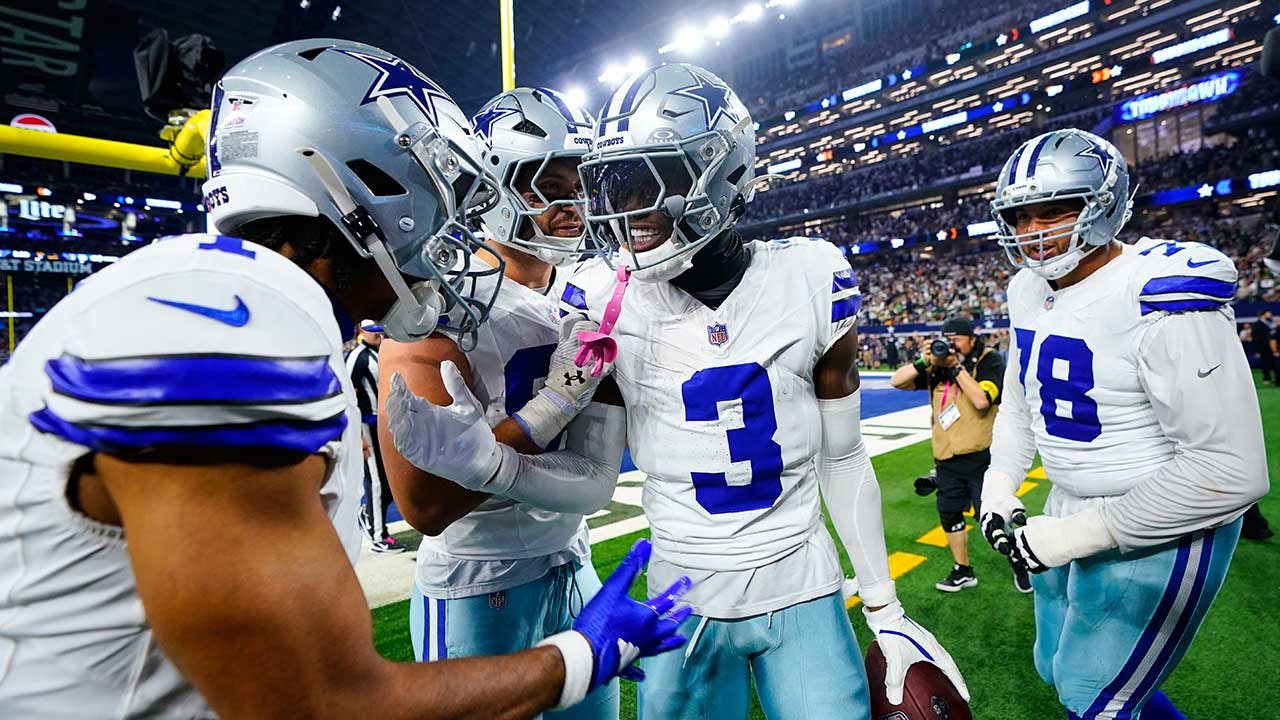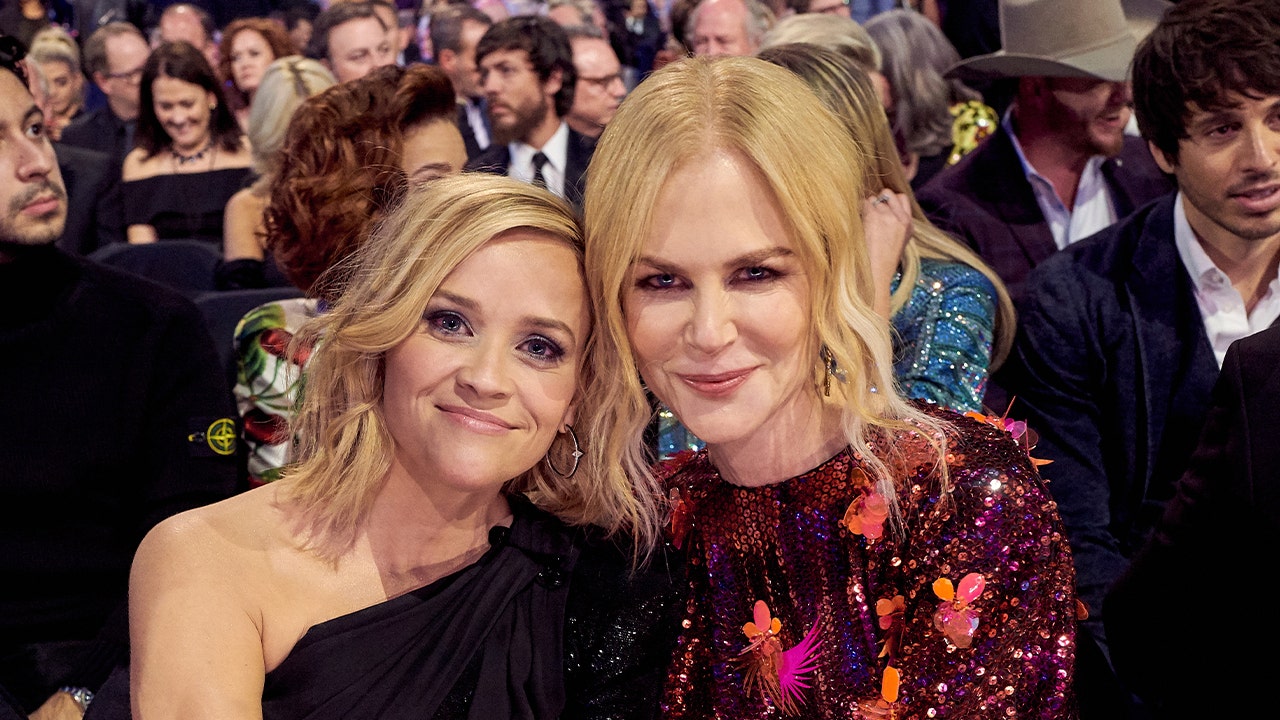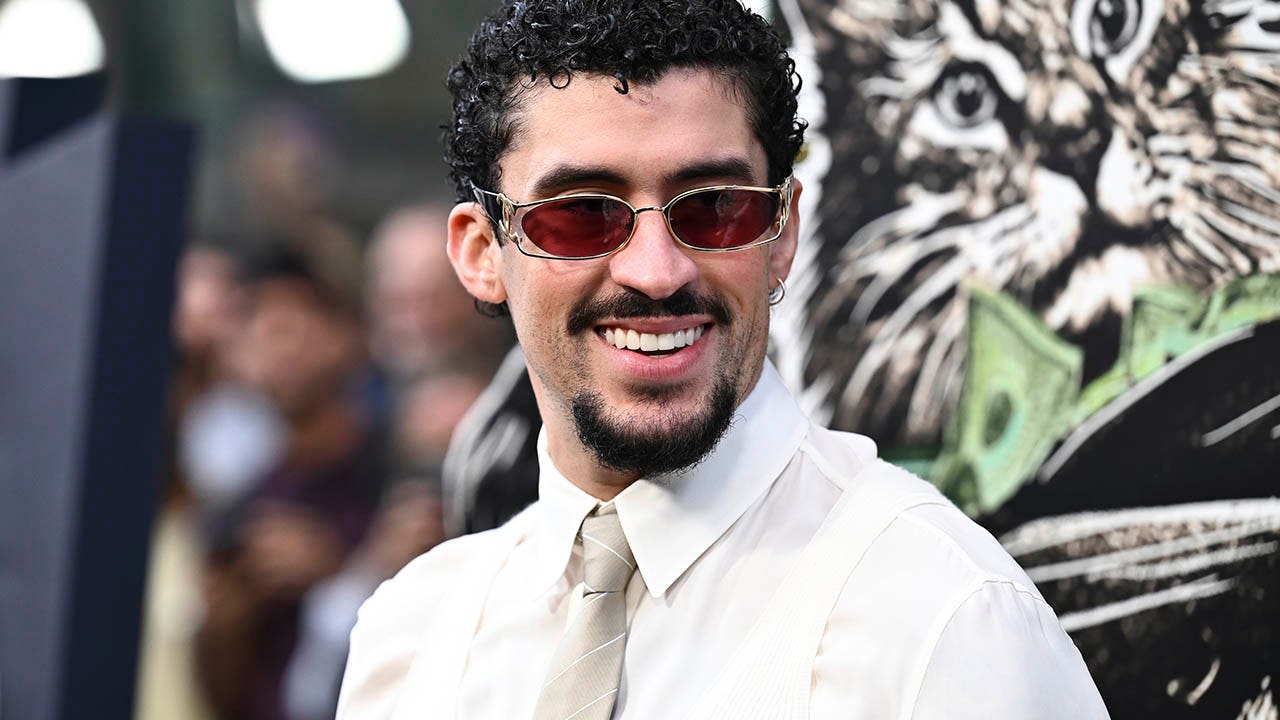Alex Winter, Michael Patrick Thornton, Brandon J. Dirden, and Keanu Reeves in Waiting for Godot.
Photo: Andy Henderson
When the inevitable Bill and Ted reference arrives in the new Broadway Waiting for Godot, Keanu Reeves and Alex Winter handle it with good grace. I won’t say when, but for a flash of a moment, Beckett’s immortal clowns — smelly and bruised, grizzled and incontinent — become Wyld Stallyns again. Of course it’s a gimme. And of course, from a more skeptical perspective, the whole project could be described as cleaving close to the wisdom of the strippers in Gypsy. Jamie Lloyd is, after all, the director who’s brought us Charles Xavier in Cyrano, Loki in Betrayal, and Nicole Scherzinger in Sunset Boulevard. But there’s also something sweet — even, in its own weird way, Beckettian — about the moment. We know next to nothing of Vladimir and Estragon’s pasts. When the scholar Vivian Mercier told Beckett that the two tramps “sound as if they had earned Ph.D.s,” the playwright asked how he knew they hadn’t. How do we know they weren’t once wide-eyed goofballs who loved garage rock and historical babes? After all, they’ve had time to grow old.
Celebrity vehicle though it may often be, Godot certainly isn’t easy. It attracts pairs of actors who know and love each other and who want to get down to some serious work. Winter and Reeves have got the love, and they’ve clearly put in the time. If anything, their Didi and Gogo (Winter plays the former, the more cerebral and anxious of the two, and Reeves the latter, the disgruntled yet tender beta clown) are still a little on the solemn side. It may be the impulse, conscious or not, to push against assumptions, to sequester their lovable airheads in the minds of their audience. But I think it has more to do with the hand of their director, which hovers heavily over the production. Though Lloyd is often referred to as a minimalist, he’s not a light touch. The natural heir of Ivo Van Hove — the last European It Boy whose grand, chilly productions Americans eagerly anticipated at places like BAM and the Park Avenue Armory, then, eventually, on Broadway — Lloyd doesn’t wait for a play to inform his aesthetic. Like a bespoke coffinmaker, he builds a specific type of box. Various theatrical bodies have to fit inside as best they can. Some slot right in; others distort and cramp.
One might think that Beckett’s great hovering question mark of a play, with its proximity to the abyss, would be a natural match for the director. His stages are consistently an expensive version of empty, his figures always essentially modern and monochromatic, and so it is here: Lloyd’s habitual collaborator, Soutra Gilmour, puts the characters in dark, clean-lined layers and envisions Godot’s “country road” as a purgatorial skate park — a huge, slick full-pipe of curving natural wood, opening out at the audience like a portal, or the cleanest imaginable sewer. Travel through it to the nearest West Elm, or to meet Tony Hawk in the Bardo. For long stretches of the play’s first act, Winter and Reeves stay seated, perched at the tunnel’s opening, gazing out over the audience. Only after intermission — as Vladimir and Estragon undergo another day of waiting, replaying the first act’s theme with variations — do they really begin to explore its physical possibilities. Here, this Godot finally sparks into its fullest life. As Reeves and Winter scuttle about, banging into each other in awkward embraces and sliding down the sides of the big wooden tube like fried eggs glooping out of the pan, we can suddenly sense their vitality — the clawing, questioning, hopeful-against-all-odds spirit that spurs them on, absurdly, even as the gravedigger puts on the forceps.
Lloyd’s production contains too little of this vigor. He hasn’t made room for it. Watching his Godot, one gets the sense that the looming, unseen title character is making all the decisions — this Didi and Gogo really are rats in a maze, bugs in a jar, responding as best they can every time their tunnel is bathed in eerie yellow-green light or a sinister hum fills the air. Back in the fall of 2023, Michael Shannon and Paul Sparks took on Beckett’s contemplative tramps at Theatre for a New Audience, and I couldn’t help thinking back on the production they built with Arin Arbus while watching this newer, shinier version. Arbus’s was a warm Waiting for Godot, an argument for the great wells of humor and fleshy, gritty humanness that lie beneath Beckett’s heightened rhythms and metaphysical pondering — the play’s literary significance built up like barnacles on an ancient whale. The Didi and Gigo that Sparks and Shannon created were full of blood and bile, real people with — no matter how obscured in its details by time and circumstance — a long and winding relationship. Winter and Reeves are endearing together (Reeves especially just makes you want to give poor, stinky-footed Estragon a hug), and it’s clear that they’re trying for full personhood — but in their world, an oppressive invisible hand does exist. Didi and Gogo can struggle, as they did in Arbus’s interpretation, because there isn’t anything out there, because this world, these bodies, this tiny stretch of time and frailty and responsibility really is all there is, and what do you do with that? Or they can struggle because they really are in a trap, because the air around them is mysteriously charged with some kind of paralyzing, determinist force.
Lloyd himself is that force. Who’s messing with the lights and filling the air with menacing rumbles and zaps? (Not to mention with pulsing minor-key club beats before and after the show. Lloyd’s preshows always feel like one is about to see the newest Balenciaga looks come down the runway: Waiting for Wintour.) Who’s decided that there will be no tree on this country road and that all props — carrots, bags and baskets, whip — will be mimed in thin air? Not, in fact, Godot, or for that matter God. It’s just the director, and this one has molded an environment that reduces Didi and Gogo into flatter versions of themselves. Neither Winter nor Reeves is doing weak work, but a gray wash has been painted over them. Line to line, they only intermittently find deep connection or vibrant color in the text. Mostly, they dependably speak it clearly and on pace (even, to my ear, a little too fast). But places that earn chuckles could be getting gasps and guffaws; moments that feel generally meditative could be devastating, if Lloyd were more interested in character work and less in mise en scène.
Because the production feels too cool (in more ways than one), its hottest performance leaps out like a firecracker set off in a Soho boutique: Brandon Dirden’s superlative Pozzo. Once per act, a second duo crashes in on Didi and Gogo, providing the tramps’ power balance with a lurid, distended foil. Pozzo is a histrionic slave-driver, Lucky his abused chattel who speaks only once, spewing forth a churning flood of half-thoughts, broken refrains, and dire imagery — a mind shattered, perhaps by direct violence, perhaps simply by the daily assault of living on “this bitch of an earth.” Here, Lloyd clamps a muzzle — part fetish club, part Bane — over Lucky’s mouth while Pozzo pushes him in a wheelchair (the actor, Michael Patrick Thornton, uses a chair). They’re intriguing images in a vacuum, but in practice they don’t add all that much, and Thornton’s delivery of Lucky’s apocalyptic speech never finds its jet fuel. But Dirden sizzles as soon as he hits the stage. In a long duster and dark round spectacles, with a twang that could place him outside a Coney Island freak show or panning for gold, he’s got a Twainian scale to him — his Pozzo is a demonic carpetbagger, a carnival barker from hell.
Dirden’s also a natural with the play’s physical comedy. As he expertly mimes consuming a picnic lunch or slips down the set’s curved walls like Robin Williams’s impression of a hot dog on a water slide, Reeves and Winter are also emboldened. Their fellow actor is introducing oxygen into the room and they’re starting to breathe. Life, the cosmos, the play — call it what you will — has already brought Vladimir and Estragon to a narrow precipice. They don’t need a production to confine them further.











:max_bytes(150000):strip_icc()/Waiting-For-Godot-092525-2-cc815eed4ec343188fc029872c912d77.jpg)
